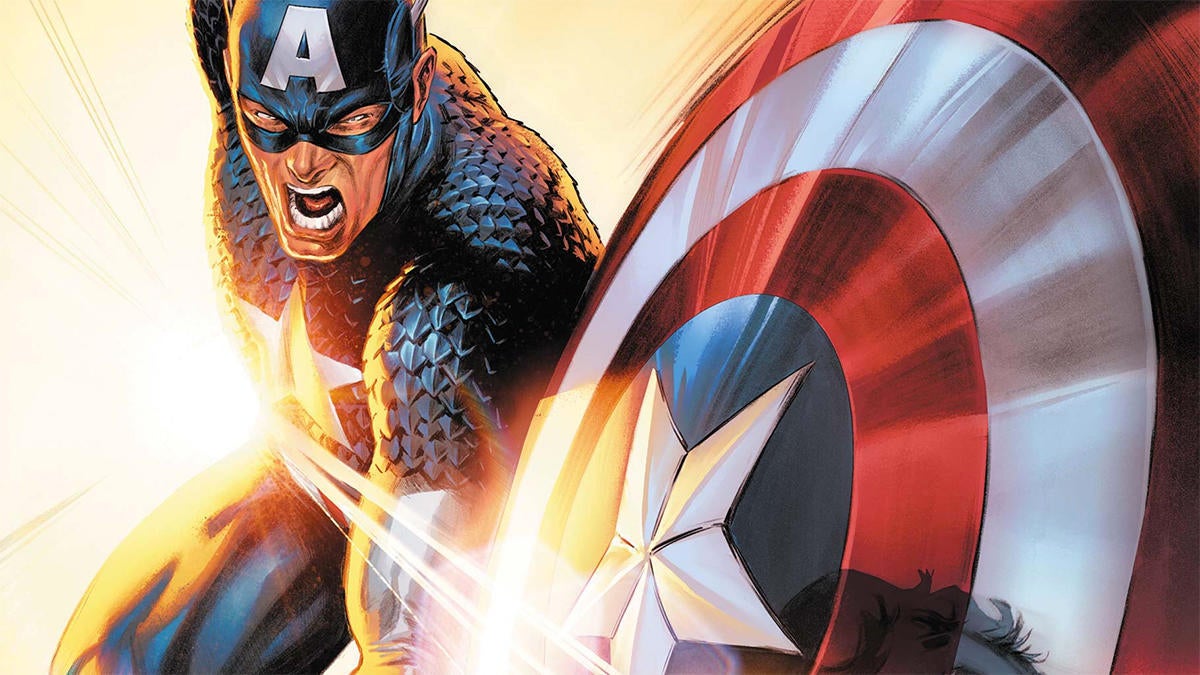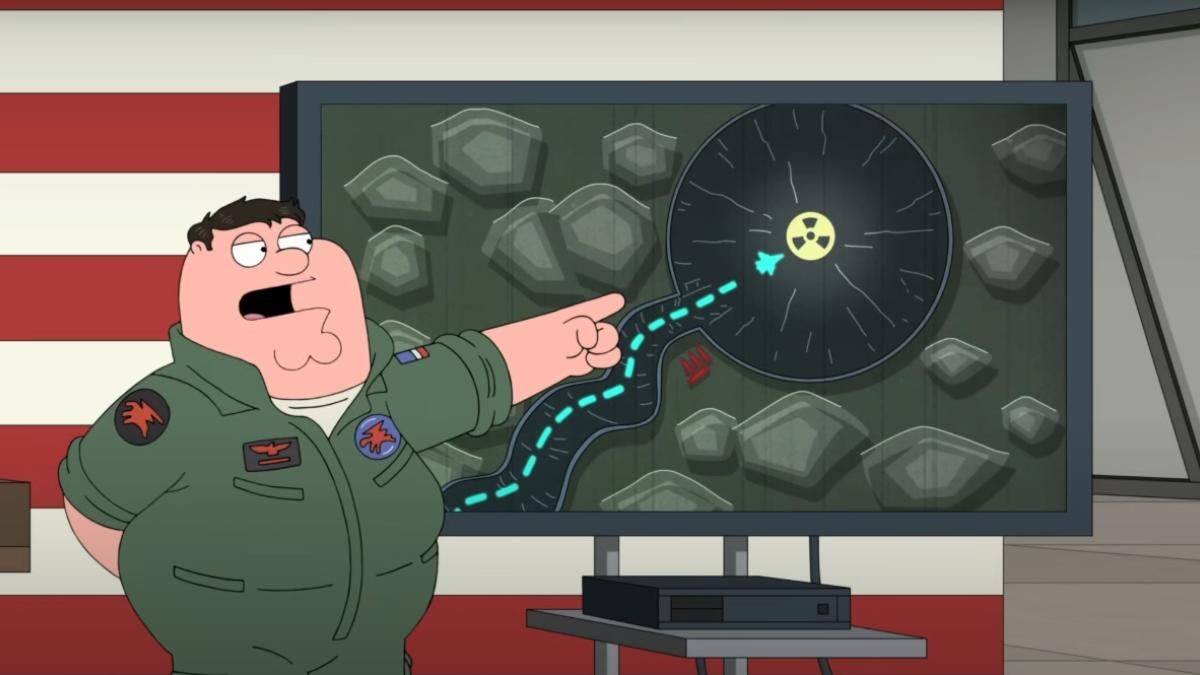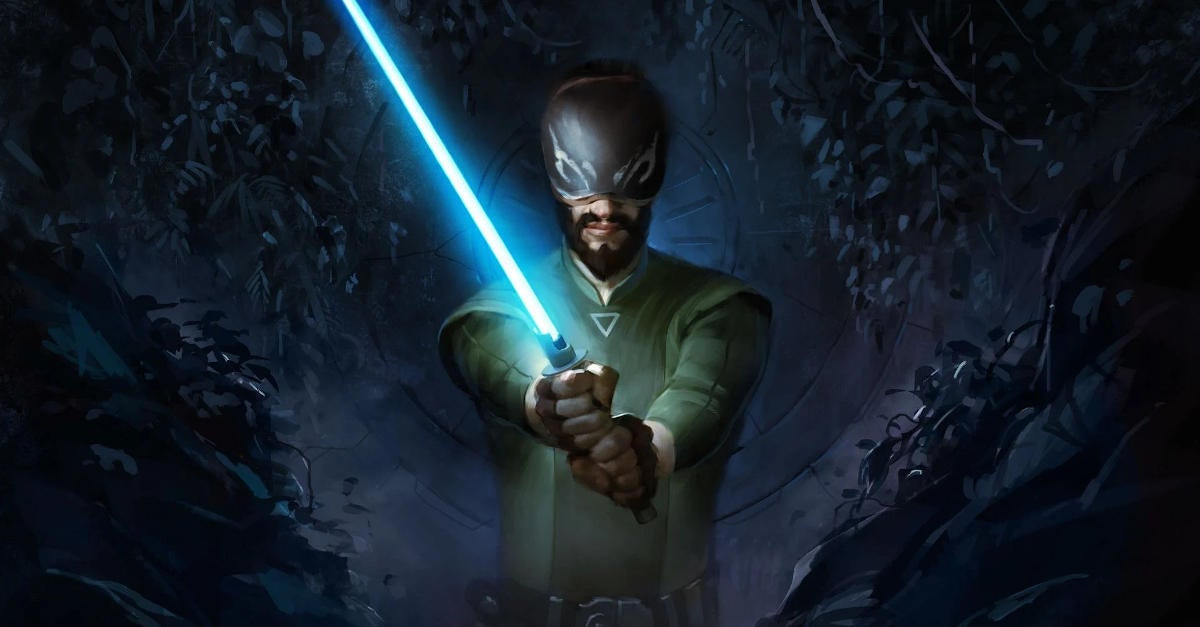Captain America: Sentinel of Liberty #1 Review: A New Status Quo Lined With Mysteries
Captain America: Sentinel of Liberty #1 brings Captain America back to his roots while teasing a dark secret in Cap's past. Written by Jackson Lanzing and Collin Kelly and illustrated by Carmen Carnero, the new comic series is a deliberate reset for Steve that brings him back to his roots, while kicking off a mystery that promises dark revelations about Captain America's most enduring symbol – his shield. While a bit heavyhanded at times with its never-ending monologue, Sentinel of Liberty #1 is still an excellent opening chapter that provides a fantastic hook while effortlessly ushering in a new status quo that feels very natural.
After years of non-stop superheroics, Sentinel of Liberty #1 makes the conscious decision to turn the focus back to Steve. The opening pages quickly show off Steve trying to re-center himself by returning to his old home in the Bronx, trying his hand at art classes in community college, and making friends both old and new. Lanzing and Kelly really seem to understand the "ideal" Steve Rogers – he's a man out of time (one who seems to struggle with both Photoshop and using a stylus on a tablet), but has a natural charisma that attracts both old and young to him. He's someone who understands the power of being a symbol, but not a celebrity. Most importantly, he's principled to the point that he'll rescue an enemy in the middle of a fight because it's the "right thing to do."
While the first half of the comic shows off Captain America's new status quo, the second half pulls him and Bucky Barnes into a strange new mystery, one that involves a new version of The Destroyer and an attack on New York City's 4th of July parade. While Cap takes a straightforward approach, it's quickly obvious that Bucky knows more about the attack than he lets on. The last few pages tease the mystery to come, with a mish-mash of conspiracy boards, mystery characters, and buzzwords pulled straight out of LOST.

To be honest, Sentinel of Liberty #1 feels like a comic created in a lab just for me. It's got Cold War-era number stations, eldritch machines from alternate dimensions, and killer layouts that flow down the page in unique ways. I love that the comic never leans too heavily on one layout style. In the first issue alone, there's a panel-less montage sequence, a big two-page splash page, and a Watchmen-esque nine-panel grid. Carnero's artwork really shines in the big moments – his splash pages are just gorgeous – but the comic almost feels musical in how it hits all the story beats just right. There are pages where it feels like I'm looking at a movie sequence unfolding, but not in the obnoxious sort of way that feels like a creative team is deliberately trying to ape a movie.
While I love so much what Sentinel of Liberty #1 is trying to do, there are a few pratfalls. Steve's self-serious monologue and narration get tedious by the end of the comic. And the last few pages, the ones meant to set up the big secret mystery, border the nonsensical. Both Bucky and the mystery villain at the end of the issue spit out codewords and faux-ominous phrases that are supposed to invoke intrigue but instead fall terribly flat. Because the comic is so strong otherwise, I'm willing to give the creative team the benefit of the doubt, but I was left very nonplussed by the last few pages, which was disappointing as the rest of the comic is so darn good.
At its best, Captain America: Sentinel of Liberty #1 feels like the second coming of Ed Brubaker's fantastic run on Captain America, bringing Cap back to his roots while spinning something new out of Cap's established history. Even when the comic falters, it still does so while swinging for the fences. Between this and Captain America: Symbol of Truth, this new era of Captain America is off to a great start.
Published by Marvel Comics
On June 15, 2022
Written by Collin Kelly and Jackson Lanzing
Art by Carmen Carnero
Colors by Noland Woodard
Letters by VC's Joe Caramagna




